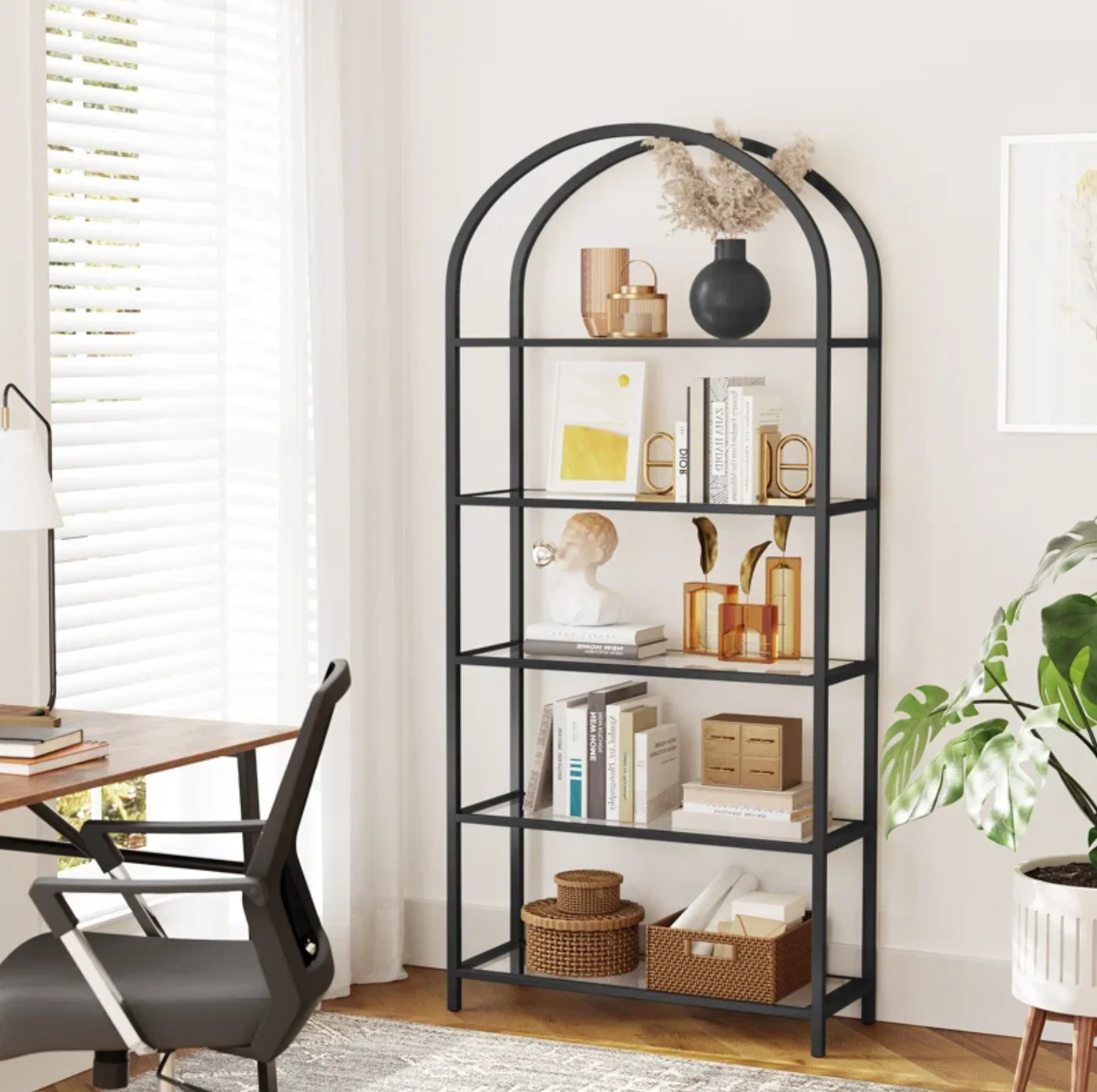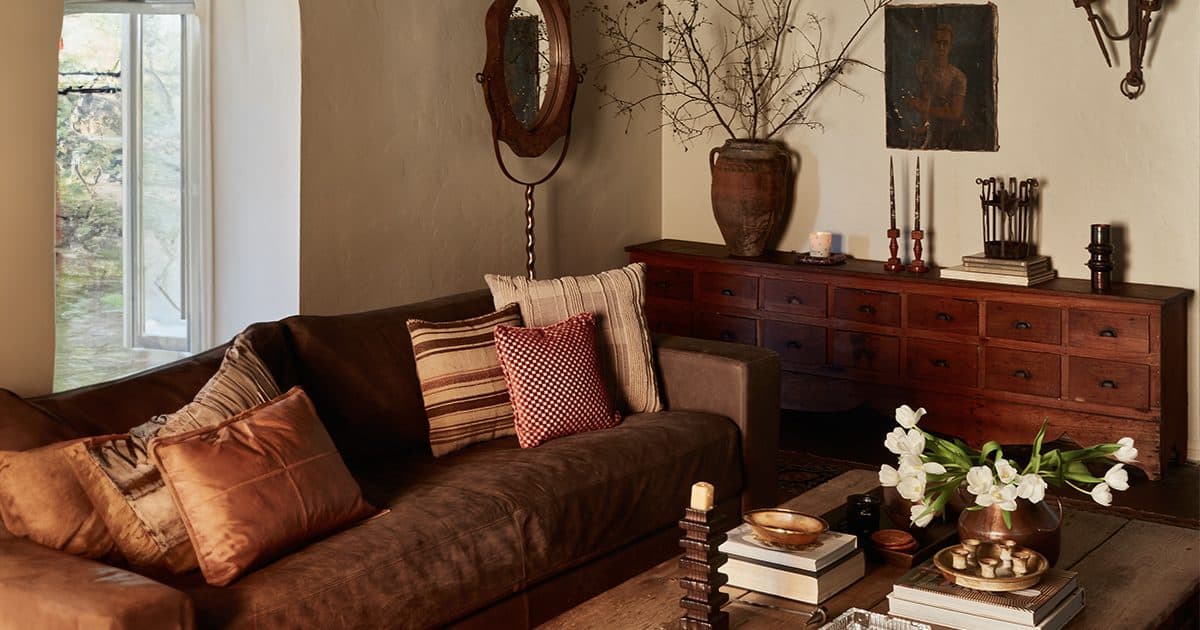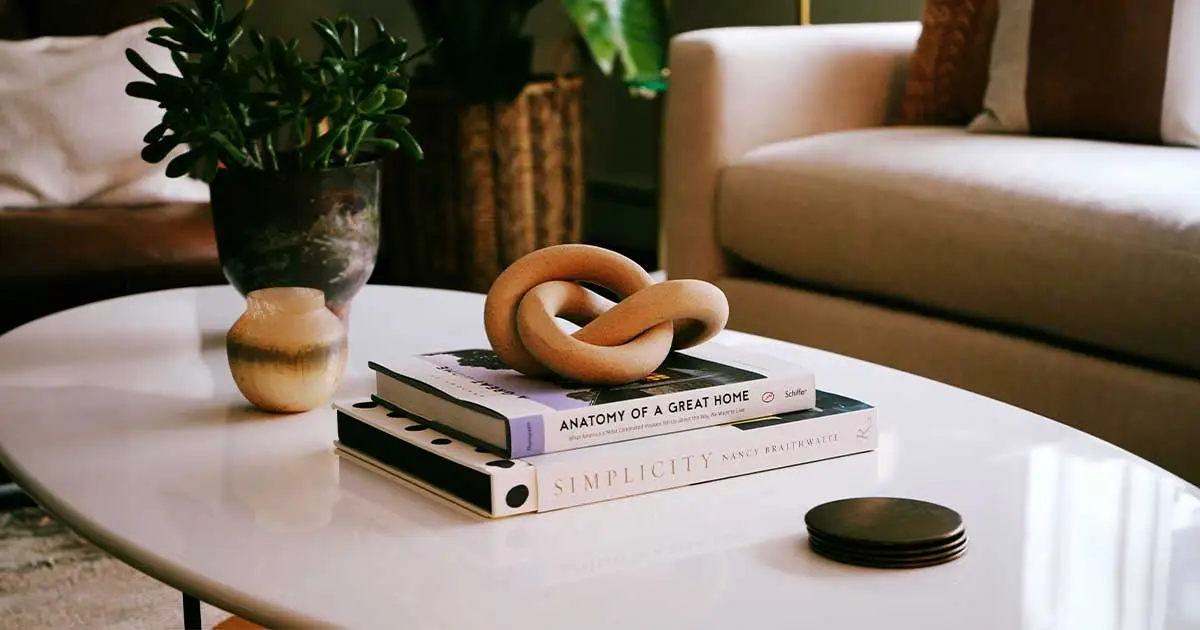Trends We Love: Eco-Chic Decor
Eileen Fisher’s innovative Renew program is a tale of retail reincarnation.
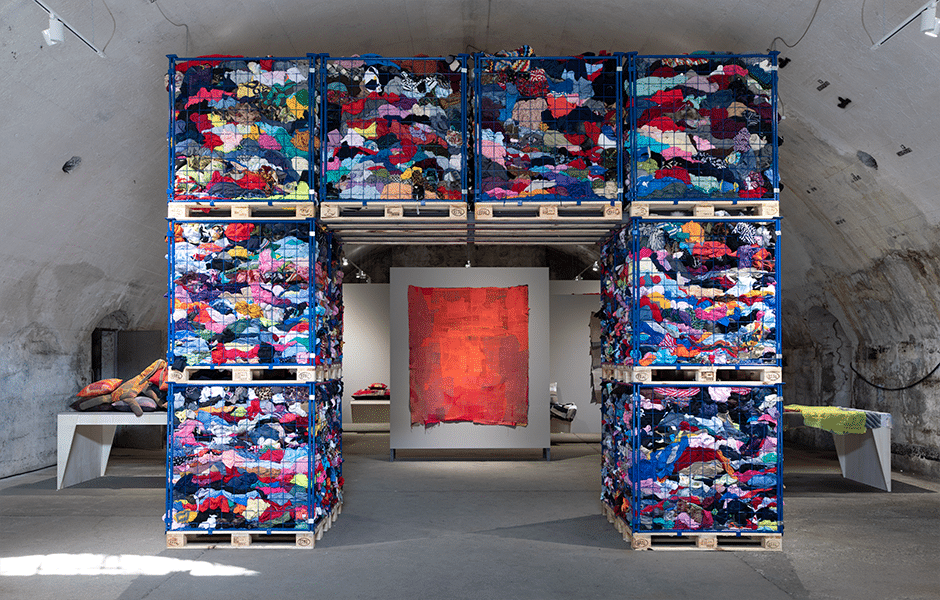
This is not your typical recycling center.PHOTO: EILEEN FISHER
Ever wonder where, exactly, your favorite piece of decor came from? What if, in a former life, it was someone else’s clothes?
That is apparel brand Eileen Fisher’s innovative solution to the negative impact that “fast fashion”—a quick-to-purchase, quick-to-discard mentality—has on landfills and the environment. The retailer joins a growing number of companies, ranging from distilleries to fashion houses, that are making a concerted effort to greenify their business practices.
In 2009, designer Eileen Fisher’s eponymous clothing line tested an early version of its eco-conscious program with a simple premise: Encourage customers to return previously worn Eileen Fisher garments for a $5 store credit. The used clothes would make their way to the company’s recycling center in Irvington, New York, where their fate was determined by their condition. Items in excellent shape would be professionally cleaned and then resold to maximize their lifespan; damaged items that didn’t pass inspection would be reused to make “new” garments.
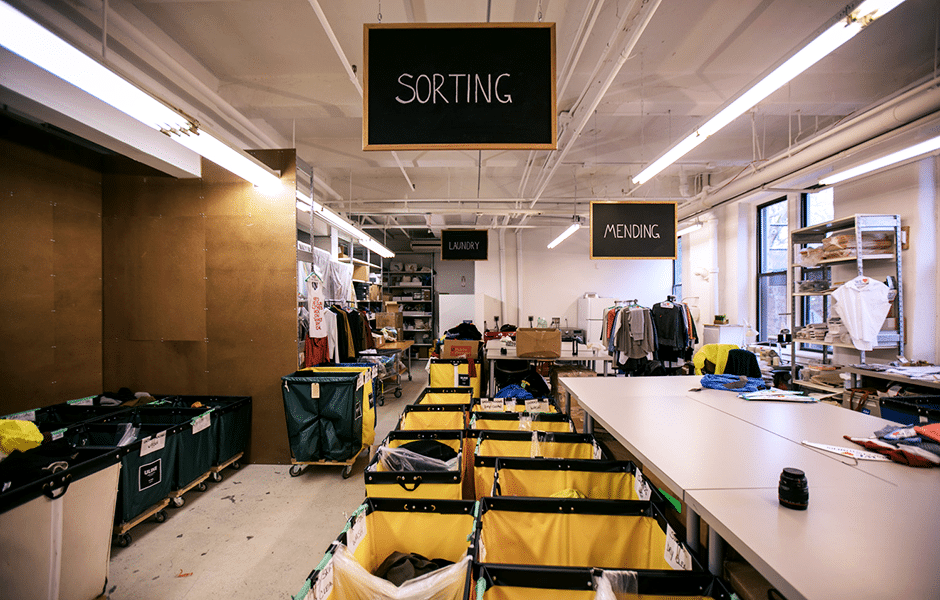
Eileen Fisher’s sorting facility receives used clothing, which they turn into “new” garments or pieces of decor.
The program, Renew, officially launched in 2015 with the clever tagline “We’d like our clothes back now.” The result? A literal mountain of gently used clothing that was ready for reincarnation. To date, Eileen Fisher has taken back over one million garments, selling the end products separately from the main store, at Eileen Fisher Renew. And the company recently created a third way to go green in order to accommodate for clothing that can be neither cleaned nor adequately mended: stunning decor.
“We didn’t know that over half of the items we take back would be damaged in some way and not sellable,” says Kerri Ulloa, Eileen Fisher’s brand and marketing specialist. “Today, we are increasing our efforts to design systems where we can use damaged take-backs as raw material to create entirely new designs.”
Enter Designwork’s Wallworks, its collection of large-scale abstract wall hangings made from felted scraps that are too small or worn to continue existing as apparel. Available for private spaces, art collectors, and interior and architectural commissions, these stunning wall hangings have even been showcased at Salone del Mobile in Milan and in New York City’s Park Avenue Armory.
“Wallworks are our conceptual wall hangings that inform our other finished products. They are our opportunity to test the properties of different fibers to see how they will respond to felting. From these experiments, we create art,” says Ulloa. “There is an abstract quality to all the home decor pieces that is very distinct. Wallworks give us a lot of liberty to be expressive through a zero-waste medium.”
“There is an abstract quality to all the home decor pieces that is very distinct. Wallworks give us a lot of liberty to be expressive through a zero-waste medium.”
Unsellable garments are also turned into colorful throw pillows and are currently available at the Eileen Fisher’s Brooklyn store and ABC Carpet & Home in New York City. Not only are these pieces visually striking, but they also build awareness and encourage conversation around the topic of over-consumption and garment waste.
And Fisher herself has much more up her eco-conscious sleeve. The designer and her team are working on their first full retail collection, which is slated to launch in stores across the country later in 2019. The product line is still being developed, but they’ve already teased table runners, rugs, and bags—all thanks to customer demand.
“At the inception of our program, we had no idea that there would be so much consumer support for take-back and resale. Our success even surprised us,” says Ulloa. “We believe that customers see value in how we are running our business in a different way. Customers are excited about our efforts to ‘walk the walk.’ They love knowing that one of their favorite designers is also a force for good.”
Ulloa adds that the brand sees its circular-design model as the eco-friendly way of the future—and that they hope to be an inspiration for other retailers.
“The apparel business is one of the most wasteful industries today, so it is essential that we do our part in making sure we are not adding to the problem,” says Ulloa. “By reselling and remaking worn Eileen Fisher clothing, we are helping to reduce the demand on global manufacturing and lessen the garment industry’s impact on the planet.”
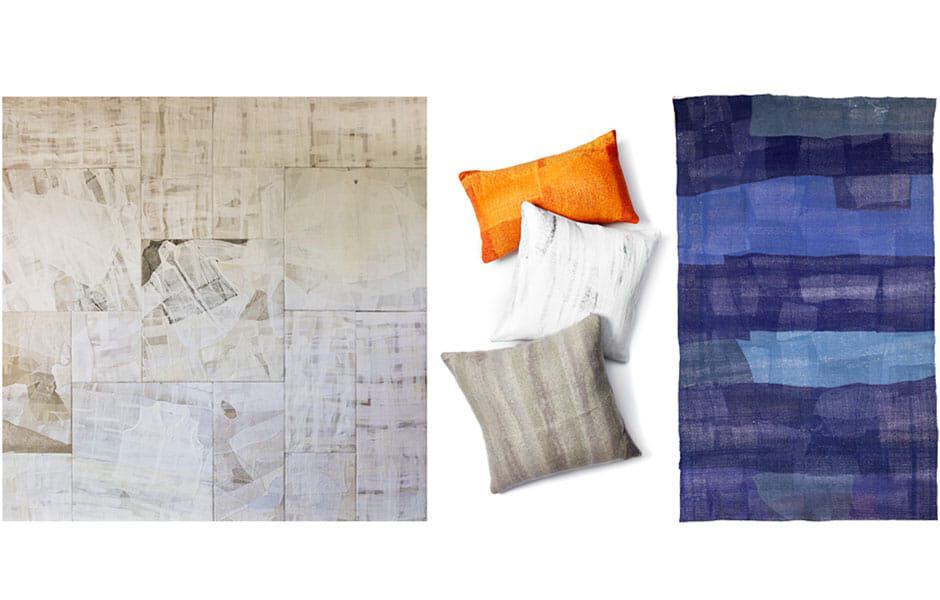
From designer duds to designer decor: The Renew program creates wallworks and throw pillows out of used apparel.
